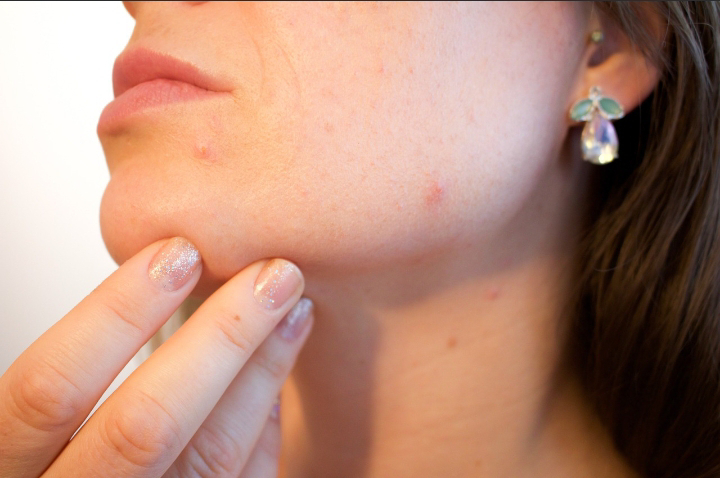Hormonal Imbalance

Your body starts experiencing certain changes as you enter your teens. Facial hairs, dry skin, unexplained weight loss or gain, acne, and anxiety, sometimes you notice that these changes bother you more than others. Towards middle age, this tiredness or being unwell often lingers. Most of you, whether men or women, may feel or notice one or more different symptoms like loss of hair, weight gain, an increase in heart rate, a feeling of loneliness and sadness, anxiety, irritability, and depression. What could be the reason you and many others feel sick and unhappy? In many cases, a visit to your doctor results in the diagnosis of hormonal imbalance as the source of the symptoms. All these changes in the body can be due to hormonal imbalance, and they can affect individuals at any age, whether they are teenagers, young adults, middle-aged, or seniors. Those of you who are middle-aged accept these changes as part of ageing, but to know more about them and cre...
